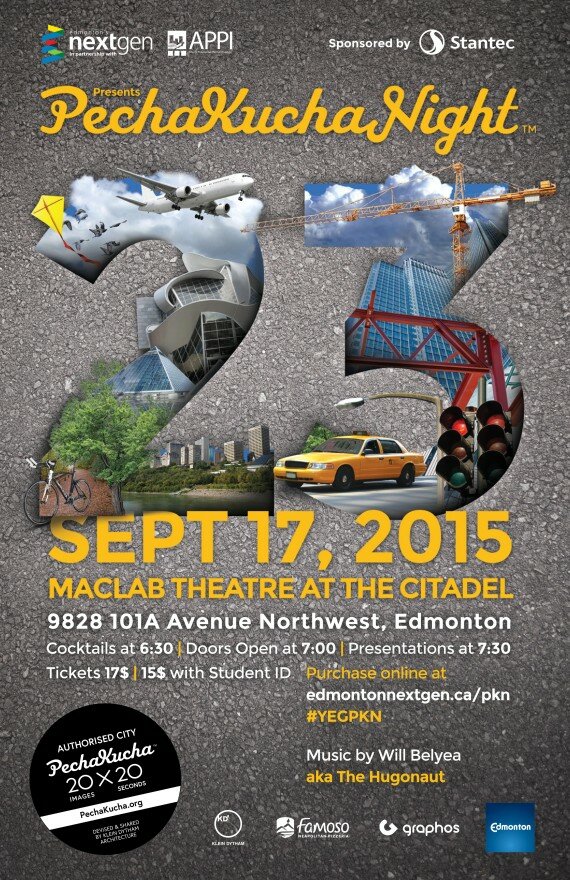What Makes a Happy City?
The words happy city can seem like an oxymoron most days. To many of us, cities mean gridlocked traffic, pollution and noise. There may be amenities like parks and cultural centres within a city, but then the question becomes one of access to parking and the ease of the commute. Cost of living in a city has shifted in the last two decades. Prices have risen alongside demand for housing. So we have arrived at the modern North American city, crowded, expensive and dirty.
Charles Montgomery asks us to set aside this bleak image in his book Happy City. In its place, the methods that cities all over the world have used to change their own narrative. We are taken to Bogotá where a visionary mayor imagined a city safe for children to bike to school. Enrique Peñalosa was elected in 1997 when the city was a dangerous and dysfunctional place to live. He could not promise wealth to its citizens, so he promised safety on the roads and access to public areas instead. He tore down walls that had been built around parks, and called for car free holidays that still take place today. These days are called ciclovías and they mean that people, old and young can safely bike and walk and skate in the streets.
In the middle of the 20th century, Copenhagen was plagued by gridlock. While proposals were made to widen roads and to construct a highway through the downtown, the city council decided to try an experiment. All cars would be banned from a number of streets in the busy city centre. This decision was not met with universal approval, but despite the initial pushback, business grew as foot traffic grew. Rather than desert the centuries old district, people flocked to it.
Once safety and desirability are established, gentrification often follows. The unfortunate truth of most cities is that they are not accessible to all levels of income. The areas that get the most attention and care are the areas that have the most political and economic capital. Must inclusiveness be considered when we build our happy city? Montgomery cites sociologists and psychologists who have proven that exposure between different kinds of people grows empathy and trust in a community. Once you know the people you share your neighborhood with, you feel safer.
In a fascinating chapter about Vancouver neighborhoods, Montgomery describes the “streetcar suburb.” This is a residential area consisting of houses, which is never further than a quarter mile from public transit and commercial zones. These types of neighborhoods report the highest levels of community happiness and conviviality, even though new development is far more common in the form of exurban sprawl and 20 storey condominium buildings. Through infill, it is possible to increase population density in a streetcar suburb without sacrificing the conviviality of an open air neighborhood.
Through these real world examples of urban design initiatives and (in some cases) decades of the resulting effects, Happy City makes a strong case that quality of life is not accidental. Many of the aspects of urban living that we accept as inescapable can change and in fact are changing. As we learn more about what makes people happy, what makes a residence feel like a home and what turns a neighborhood into a community we only get closer to building the kind of future we want.
NextGen will be hosting Charles Montgomery to speak more on this subject on October 1st. Buy your tickets now!

 Edmonton’s NextGen and Stantec are excited to present the list of presenters for Pecha Kucha Night 23 (PKN 23)!
Edmonton’s NextGen and Stantec are excited to present the list of presenters for Pecha Kucha Night 23 (PKN 23)!